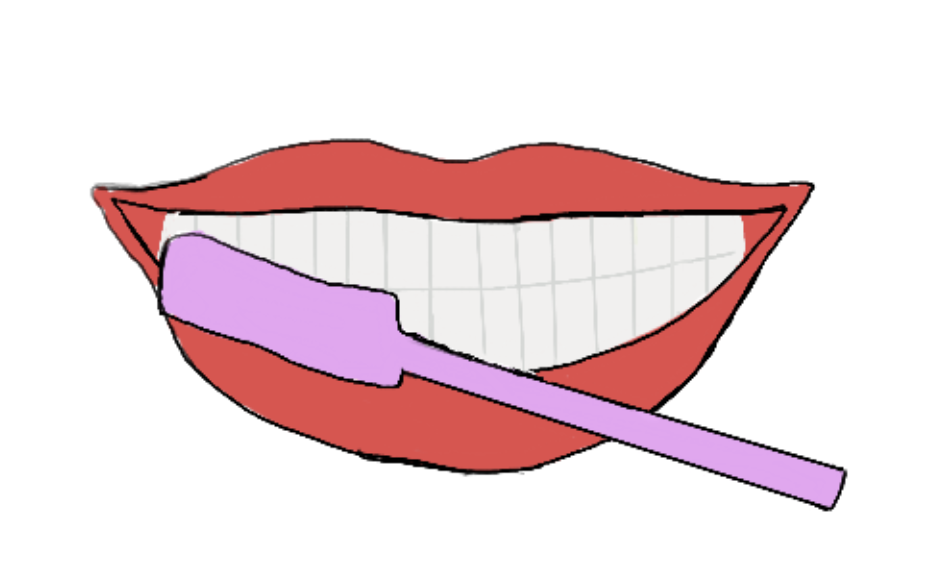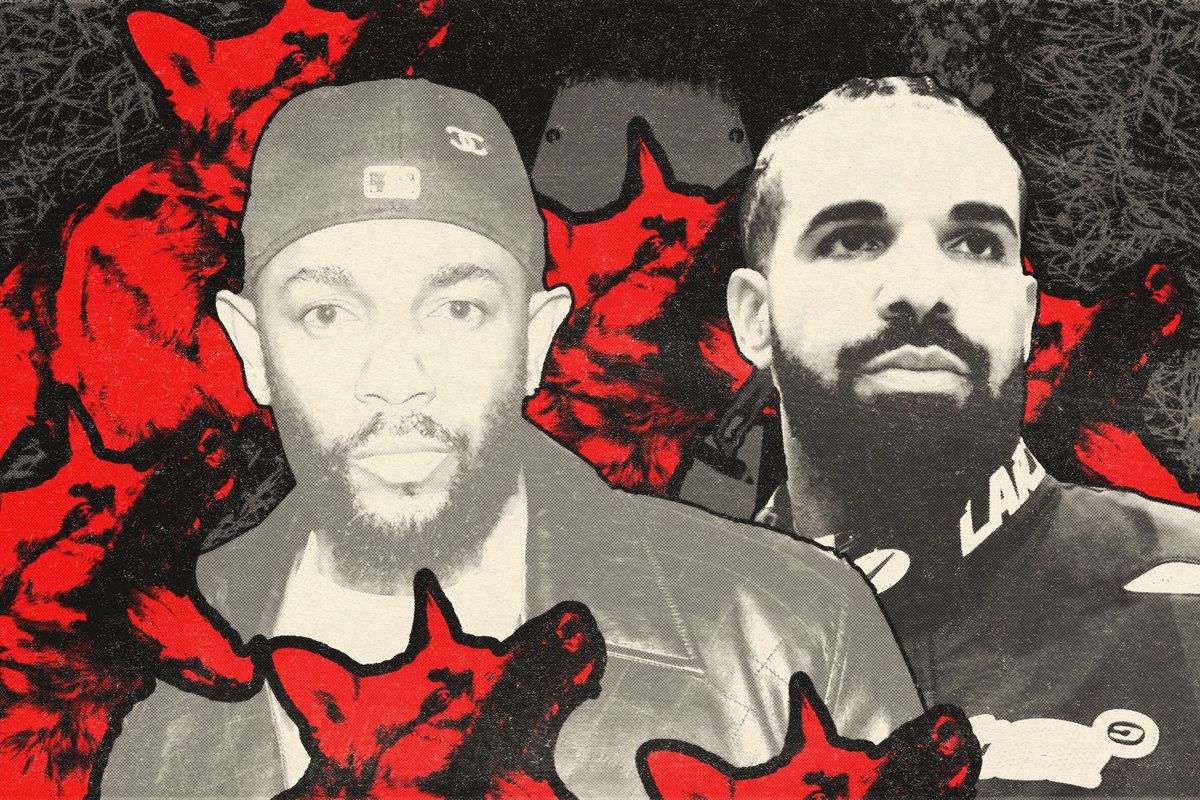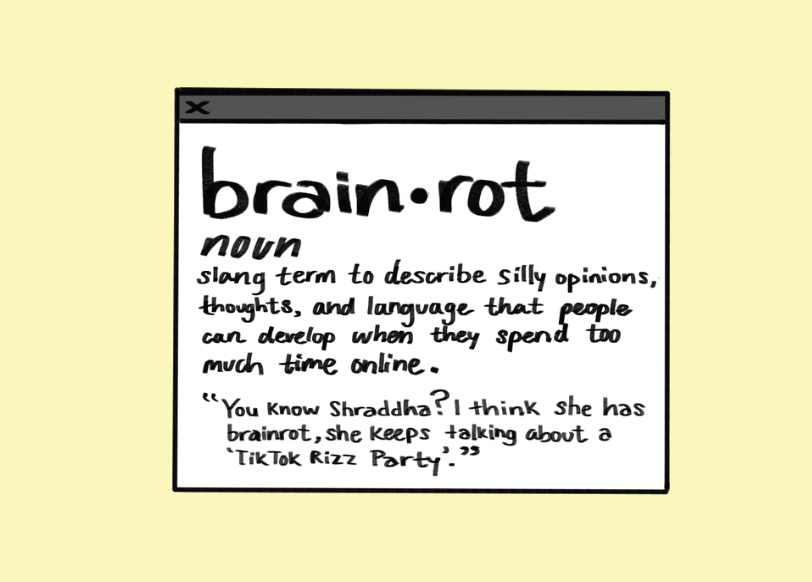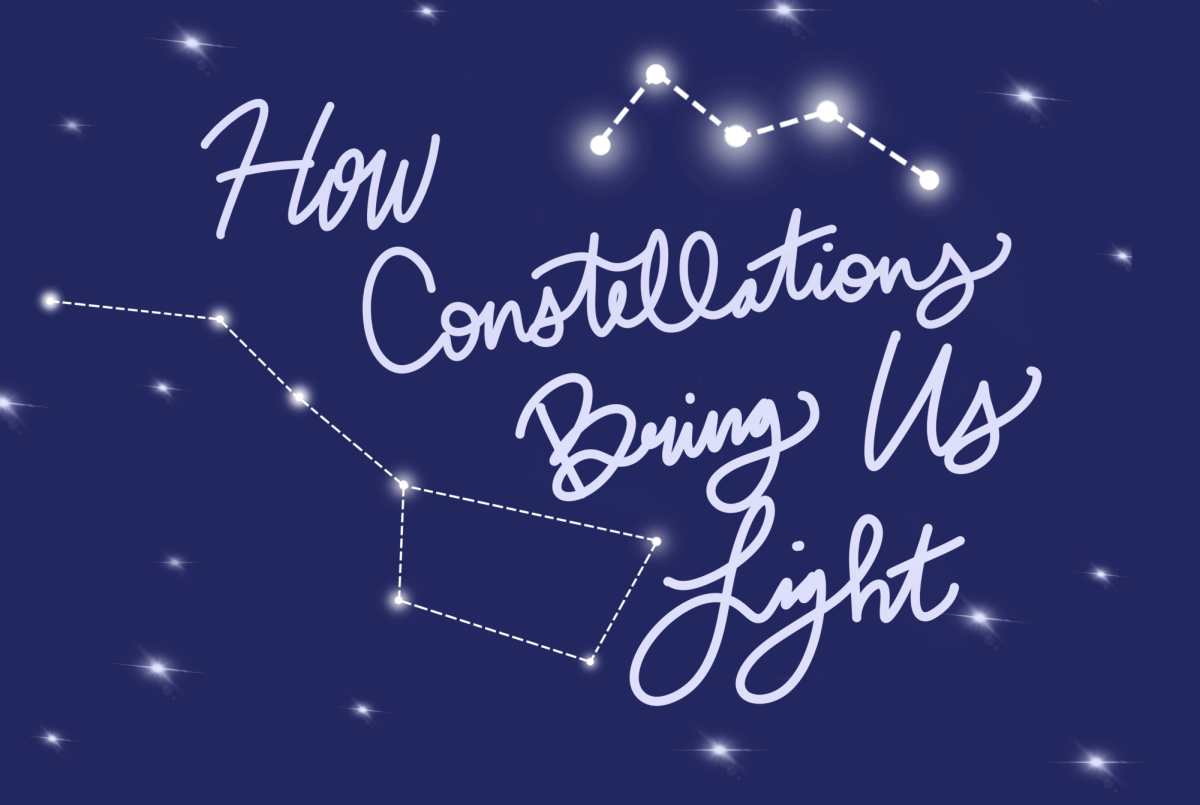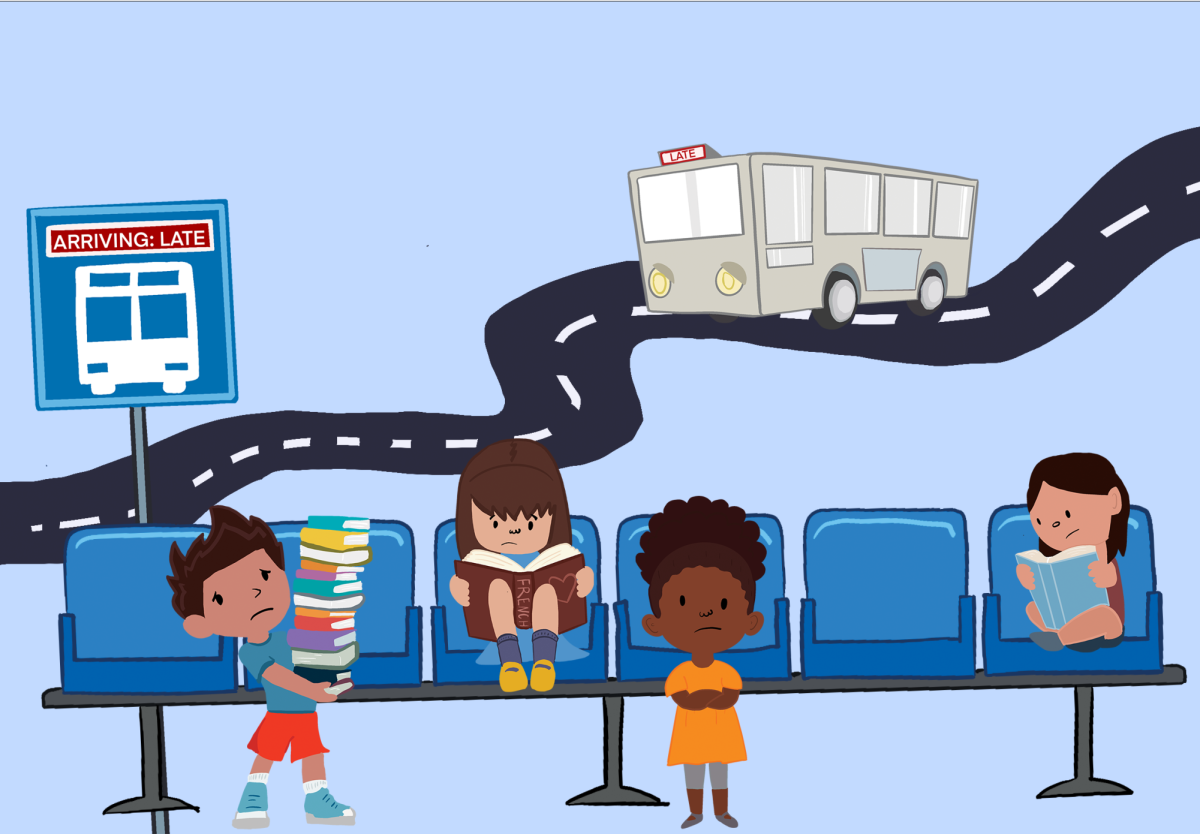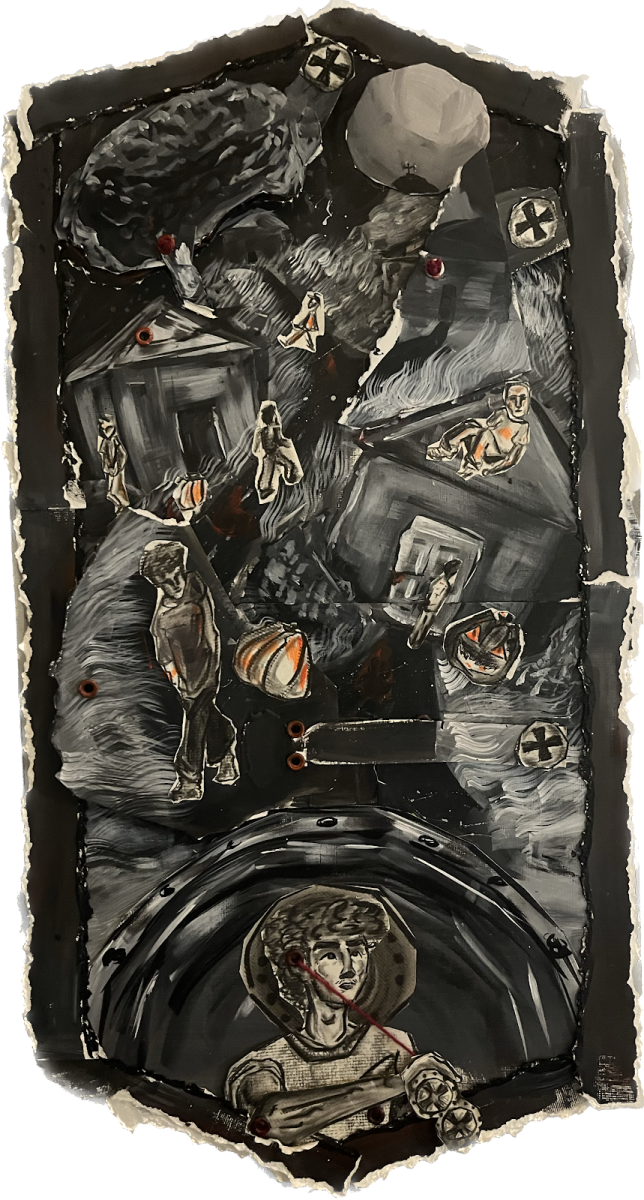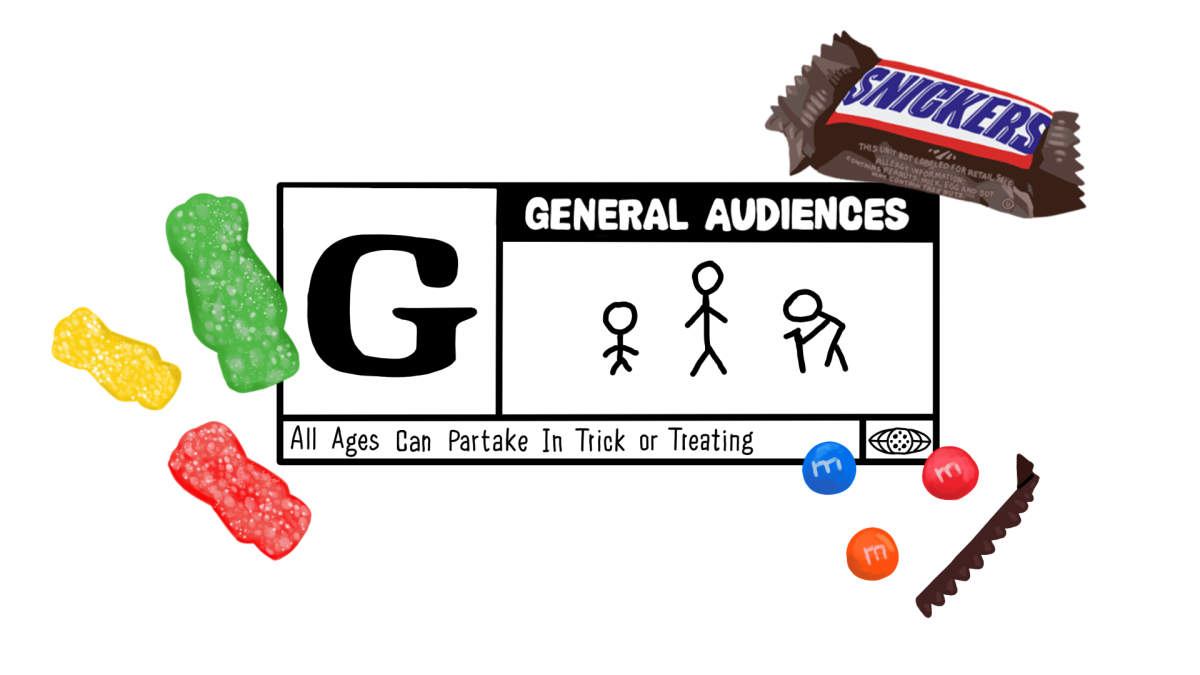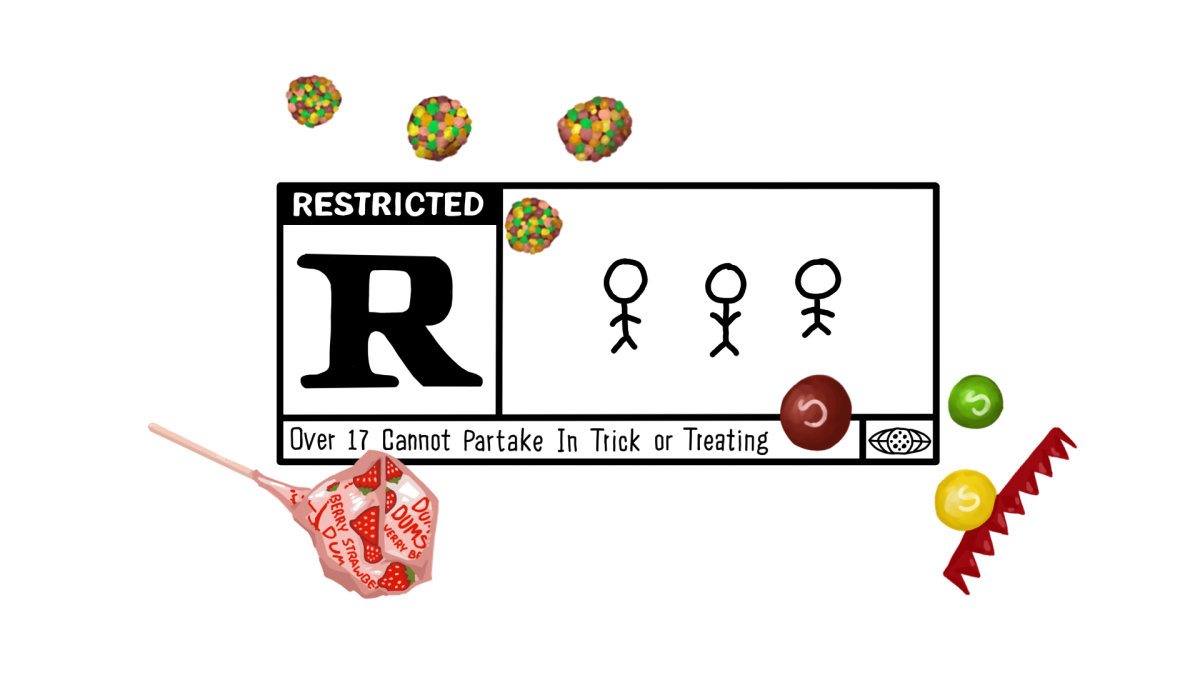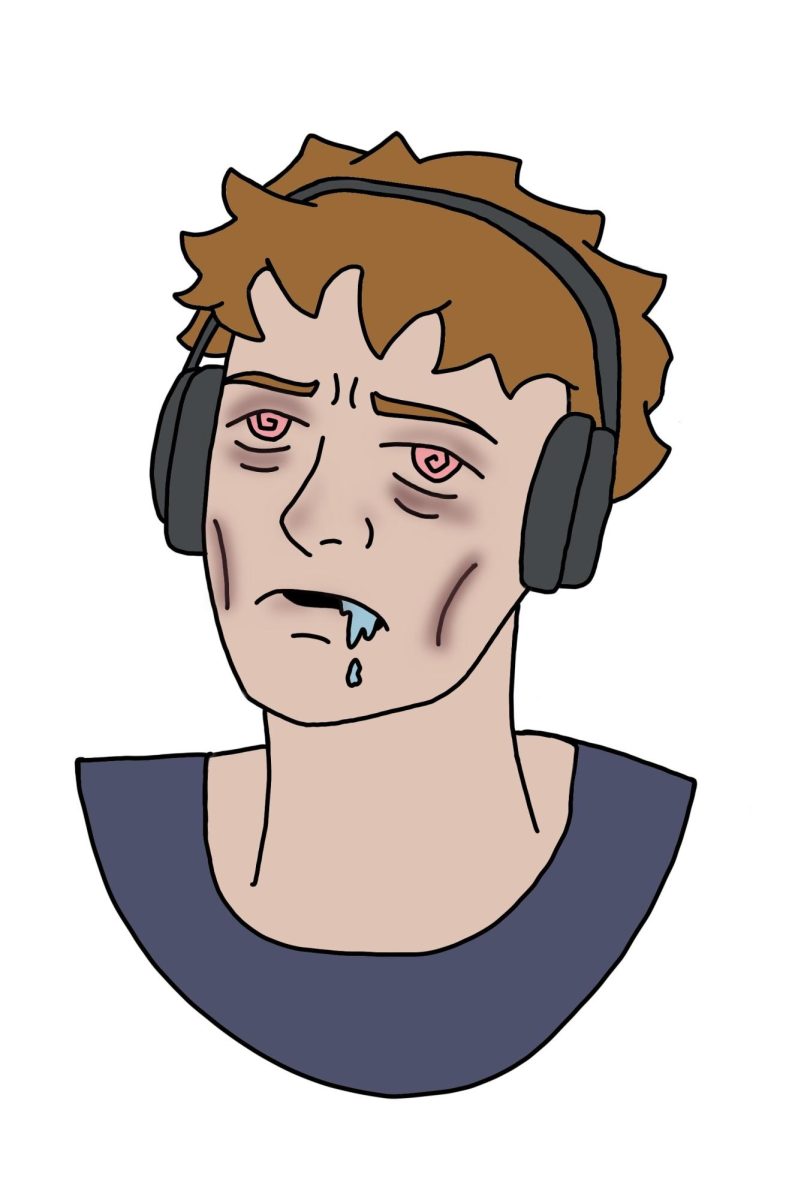Dentophobia is described as the fear of dentists. While it may seem strange, it is not uncommon; according to the National Library of Medicine, “dental anxiety, or dental fear, is estimated to affect approximately 36% of the population, with a further 12% suffering from extreme dental fear.” However, while common, this phobia is hard to conquer.
This seemingly irrational fear may cause some people to avoid going to the dentist for years or possibly even their entire lives. The fear is often called “dental fear and anxiety,” which could be rooted back to past traumas relating to dentists or even feeling embarrassed or out of control when you are being examined.
Not all dental procedures are conducted under anesthesia, like dental fillings, root canals and teeth cleaning. For some, the thought of drilling, poking and prodding in one’s mouth causing pain could be the root of their fears, so procedures such as these could be terrifying for them. According to the Cleveland Clinic, “Dental procedures often involve a small amount of pain. And sometimes, the procedure or recovery does hurt. People who are highly sensitive to pain may be more fearful of feeling discomfort during their dental treatment or as a result of it.” The Cleveland Clinic also says that other possible stressors could include: anesthetic, choking, blood, the dentist, needles, noises or even smells associated with the dentist. It is also fairly common that if you suffer from this phobia you might also have another form of anxiety disorder.
In terms of symptoms, a person with dentophobia may feel a range of emotions or physical responses to their anxiety surrounding the dentist. Some people might have fears so extreme they refuse to go to the dentist, while others may just cry or have severe anxiety when entering the dentist’s office. The most extreme symptoms could include shaking and vomiting out of fear.
An extreme fear such as dentophobia is not so easy to simply “get over.” However, considering the importance of going to the dentist and getting checked out, it is recommended that people suffering from this seek help through therapy so that their fear can be managed. Exposure therapy or even traditional therapy can improve dentophobia symptoms. There may never be a true “cure” to dentophobia, but it can surely be treated. If you or anyone you know suffers from dentophobia, it is important to remember that there are solutions to get you the care that you need to get over your fear of dentists.


